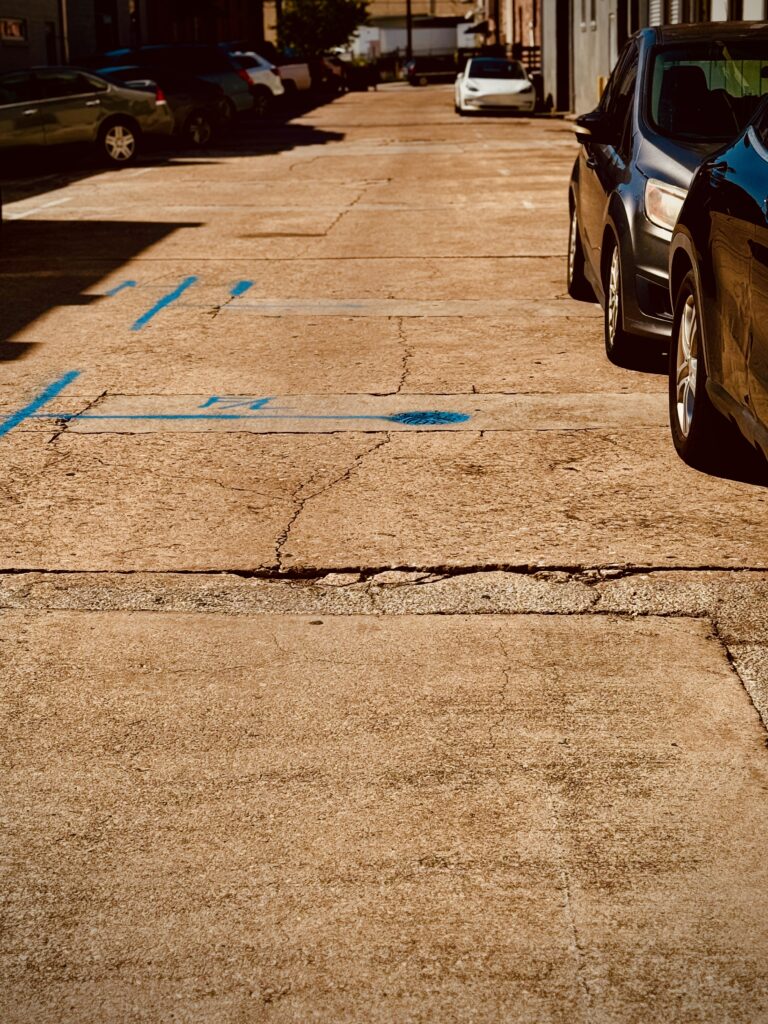
There comes a point when generosity begins to feel like self-harm. When the instinct to give, to lift, to offer, to patch the wounds of a society that never seems to heal, curdles into something bitter.
Not because compassion is a mistake. Not because kindness is wrong. But because you finally see the truth about where it goes, and more devastatingly, where it doesn’t.
For years I built bridges. I built charities. I gave rides, bought groceries, arranged shelter, listened through tears, organized around crises that never ended. I poured myself into a mission that sounded noble because it was: help those in crisis, then walk beside them as they learn to meet their own needs.
The first part happened, again and again. The second never did.
And I am supposed to believe this is because of circumstance. I am told it is about trauma, or systems, or marginalization. And yes, those are real. But they do not explain everything. What I saw, and I saw it too many times to ignore, was something else. It was a refusal. A chosen inertia. A quiet, grinding commitment to need.
The chronically needy, as a group, are not a monolith, but patterns emerge. And what I’ve come to see is that many do not want help. They want caretakers. They want hosts. They want substitutes for effort, not partners in progress.
I have watched people starve rather than accept a meal that required a simple gesture in return. I have seen them walk away from opportunity as if it were poison. There is no interest in change. Only in the performance of crisis, repeated until the audience tires and someone else picks up the tab.
And I am tired.
The language of service tells us to persist, to love unconditionally, to expect nothing. But this has become its own kind of trap. It keeps us pouring effort into voids. It wastes time and resources on those who refuse to meet us halfway, while others (people who want to improve, who try, who fail and try again) are left waiting because we are too spent to notice them.
This is not judgment. It is allocation. If some insist on self-destruction, they should be allowed to continue, on their own, without the cushion of perpetual support that makes consequence optional. Our resources are finite. Our time is brief. And our obligation, if it exists at all, is to those who will something different. Those who stretch, who climb, who fall and still rise.
Is that heartless? Or is it the only sane boundary left?
I ask this not as someone who has lived an easy life. I am not blind to struggle. I am neurodivergent. I have physical disabilities. I live with social barriers that have only grown sharper in recent months. I have been marginalized, hated for who I am and for mistakes I’ve made in the past. I am constantly pushed down by the system. I have untold limits on my life imposed by the “man”. I know what it means to be left out, unseen, misread. But I do not live in crisis. I live in motion. I adapt; or at least make a damn good effort at it. I make do. And I have never asked others to clean up after me, long-term, while I rot in my own refusal. Sure, we all need help from time to time; but to make it a lifestyle!
That difference matters.
I once believed that everyone had a light buried inside them, waiting to be coaxed back to life. I no longer believe that. Some people bury it on purpose. Some douse it daily. And my time, my money, my energy; those things are no longer available to keep digging through ashes for sparks that were never there in the first place.
This doesn’t mean I’ve stopped caring. It means I care too much to keep wasting it.
So if you’re trying, if you’re reaching, if you’re stumbling forward with scraped knees and clenched teeth, I am here. But if your struggle is performative, if your crisis is your own brand, if your poverty is defended like an inheritance; then I will let you fall. You’ve chosen the fall. You may have your freedom.
But not my help.
Not anymore.